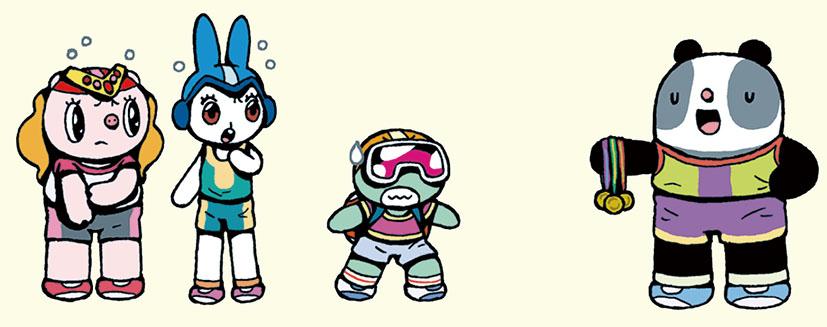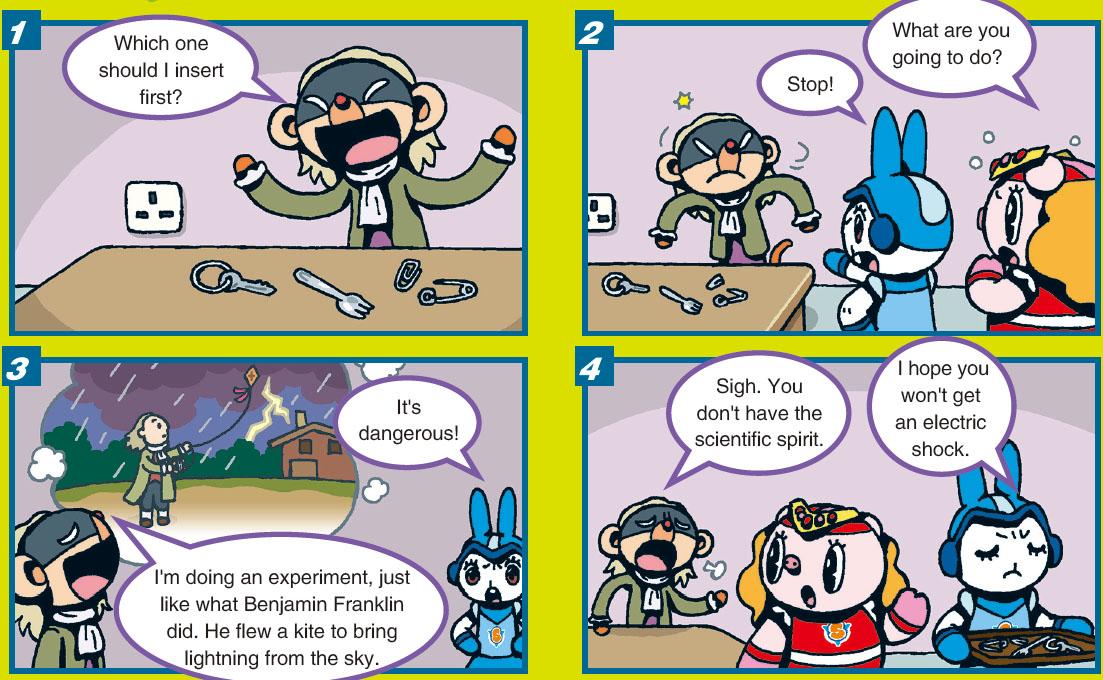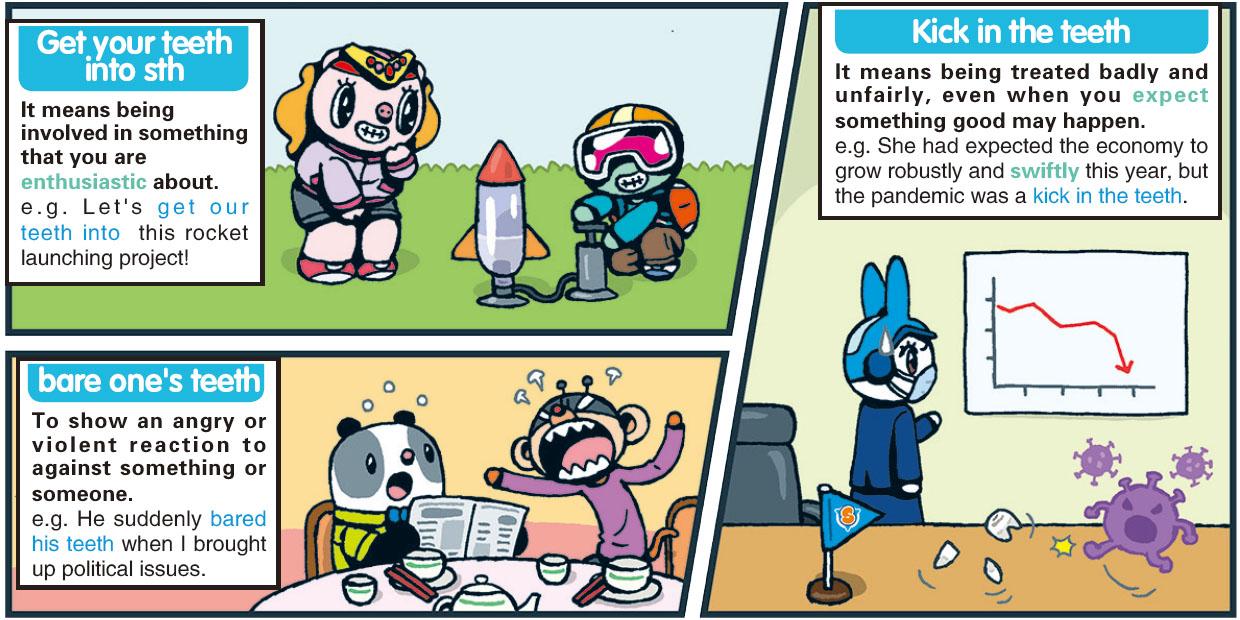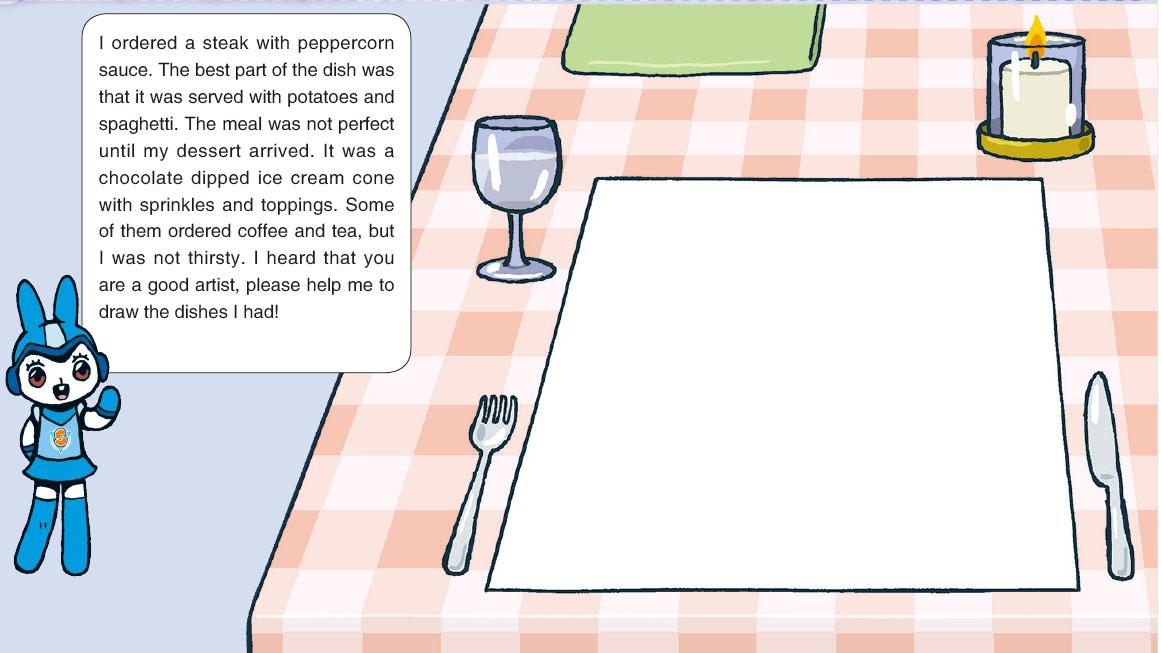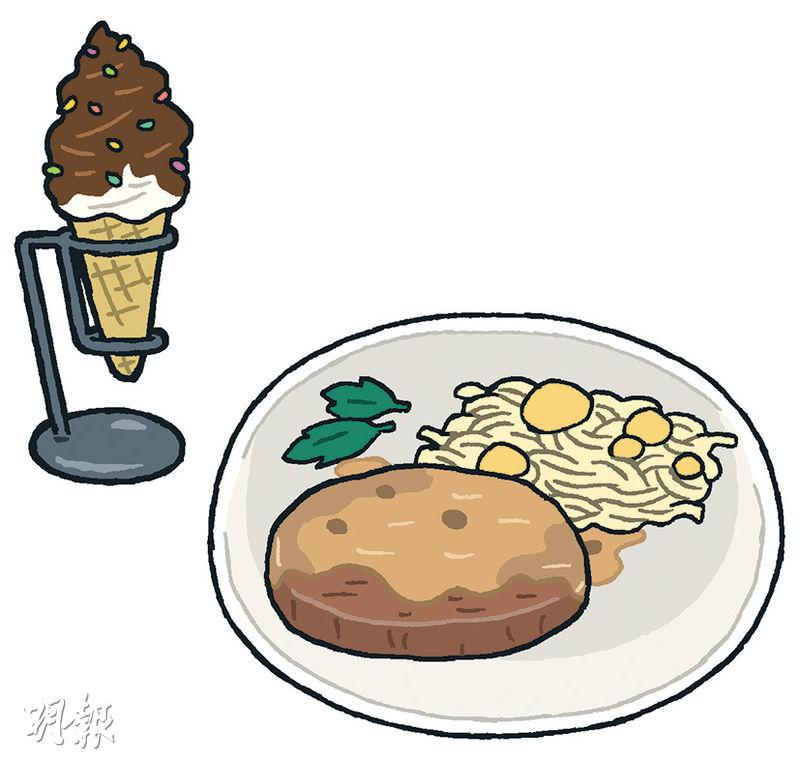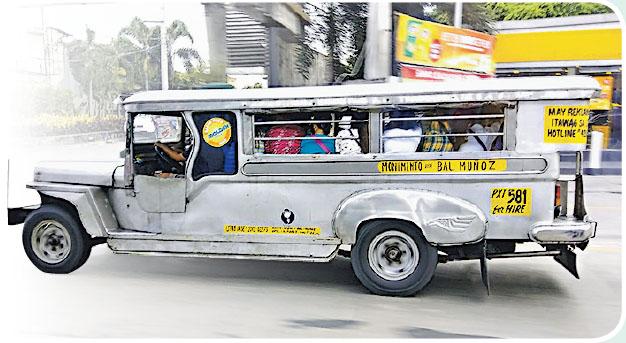Grammar:Comparative and superlative
【明報專訊】The Smarties held an athletics meet last week. They are now having a conversation on the results.
Bill: I can't believe that Dr Panda runs faster than us.
MoMo: Me neither. He is the fattest among us. The results were unbelievable.
Pat: The most unbelievable one was that he won the gold medal in the high jump event.
Bill: He might have taken some drugs to enhance his performance!
Pat: Well, I don't think he cheated.We never work out, while Dr Panda jogs every day.
MoMo: That's true. He has lived a healthier lifestyle than us.
Pat: Not to mention that he keeps a balanced diet. I don't think we should suspect him of doping.
Bill: I insist that he cheated. He basically triumphed over us in all events. He even made the longest throw in the discus throw.
Dr Panda: I overheard you, Bill. Let's do a rematch if you have difficulties accepting the fact that you lost the competitions.
■English highway﹕
We use comparative adjectives to make comparisons or to show contrast. We add ''than'' if we wish to compare one thing with another.
e.g. We need a bigger house.
His house is bigger than ours.
We use superlative adjectives to show the upper or the lower limit of a quality.
e.g. This is the smallest house I have ever seen.
He is the tallest among us.
Adjectives with three or more syllables form the comparative by inserting ''more'' before the adjectives, and the superlative by inserting ''most'' before the adjectives.
e.g. He is the most horrible person!
This car is more expensive than that car.
■Gear up
Circle the correct answer.
1. Mount Everest is the (most high/ more high/ higher/ highest) mountain in the world.
2. China is (most large/ more large/ larger/ largest) than Italy.
3. This comic book is (most interesting/ more interesting/ interestinger/ interestingest) than the textbook.
(Answers on next text)
■Glossary
unbelievable (adj) 難以置信的
enhance (v) 促進
suspect (v) 懷疑
insist (v) 堅持
[Smarties' Power English 第312期]

